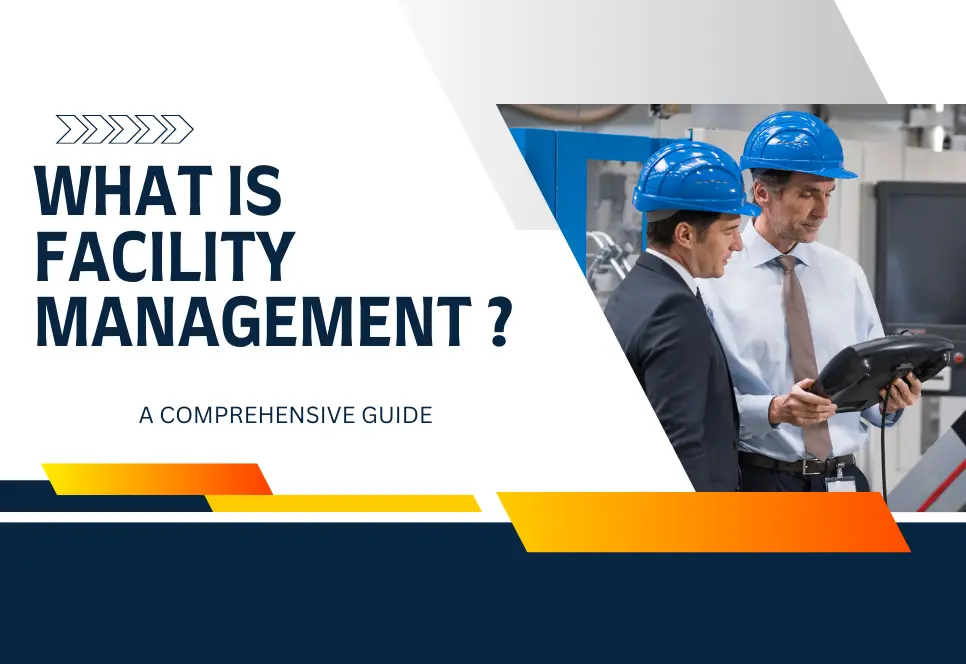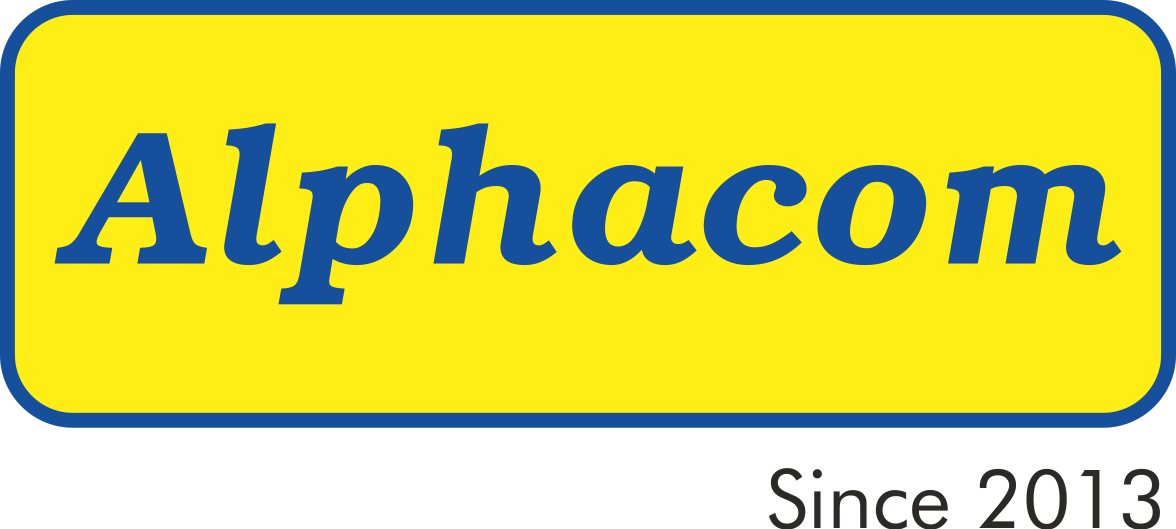
In today’s fast-paced business environment, facility management services in India have become essential to ensure seamless operations across various industries. Facility management involves a wide range of disciplines that integrate people, processes, and technology to ensure the functionality, comfort, safety, and efficiency of the built environment.
Understanding Facility Management
Facility management encompasses multiple services that contribute to an organization’s overall efficiency. Whether it’s maintaining a commercial building, ensuring a clean workspace, or providing security solutions, facility management ensures that the infrastructure operates optimally to support the core business functions.
Key Components of Facility Management
Facility management is a broad term that includes several key components that play a crucial role in business operations. Some of the primary components include:
1. Building Maintenance
Ensuring the physical condition of the building is well-maintained, including electrical, plumbing, and structural integrity. Regular inspections and timely repairs help prevent costly breakdowns and ensure compliance with safety regulations.
Preventive maintenance schedules are crucial for prolonging the lifespan of assets and reducing unexpected downtimes.
2. Housekeeping Services
Maintaining cleanliness and hygiene across offices, commercial spaces, and industrial units to create a safe and productive work environment. Housekeeping involves daily cleaning, deep cleaning, waste management, and sanitation services.
Practical housekeeping reduces health risks, improves indoor air quality, and enhances the overall work environment.
3. Property Management
Overseeing the day-to-day operations of real estate properties to ensure they remain functional and profitable. This includes tenant management, lease administration, rent collection, and compliance with building codes.
Proper property management helps organizations focus on their core operations without worrying about administrative and operational challenges.
4. Support Staff Services
Providing skilled and semi-skilled personnel to manage front desk operations, pantry services, mailroom management, and other essential tasks. Support staff play a crucial role in enhancing organizational efficiency and offering seamless operations.
Support services also include concierge services, guest management, and event coordination to improve client experiences.
5. Security Solutions
Implementing comprehensive security measures, including CCTV surveillance, access control systems, and on-ground security personnel to safeguard assets. Security services are essential to prevent unauthorized access, theft, and vandalism.
The use of advanced security technologies such as biometric access and AI-powered surveillance ensures higher levels of protection.
6. Landscaping and Outdoor Maintenance
Managing the aesthetic and functional aspects of outdoor spaces, including gardening, lawn care, and exterior cleanliness. Well-maintained outdoor areas contribute to the overall image and branding of a business.
Landscaping services also include seasonal maintenance, irrigation system management, and eco-friendly landscaping practices.
Importance of Facility Management
Effective facility management can significantly enhance operational efficiency, improve employee productivity, and reduce operational costs. It ensures that the workplace is safe, efficient, and conducive to achieving business goals. Some of the key benefits include:
Cost Savings: Efficient management of resources leads to reduced operational costs. Through energy-efficient practices, waste reduction, and optimized resource utilization, businesses can achieve significant financial savings.
Improved Productivity: A well-maintained environment enhances employee efficiency and satisfaction. A clean, organized, and secure workplace allows employees to focus better on their tasks.
Regulatory Compliance: Ensures adherence to local and international safety and environmental standards. Facility managers ensure compliance with fire safety norms, building codes, and environmental regulations.
Asset Longevity: Proper maintenance extends the life cycle of valuable assets and infrastructure. Regular servicing and timely repairs prevent costly breakdowns and replacements.
Brand Reputation: A well-maintained facility reflects positively on the organization’s image, attracting clients, customers, and investors.
Facility Management Trends in India
The demand for Facility Management Services in India has seen exponential growth due to urbanization, increasing corporate investments, and the need for operational excellence. Some of the emerging trends include:
Integration of Smart Technology: Use of IoT and AI to optimize facility operations. Smart sensors, predictive maintenance, and automated building management systems are transforming facility management.
Sustainability Initiatives: Implementation of eco-friendly practices to reduce the carbon footprint. Green buildings, energy-efficient lighting, and water conservation efforts are becoming increasingly popular.
Outsourcing Facility Services: Businesses are increasingly outsourcing facility management to specialized providers for better efficiency. Outsourcing allows companies to focus on their core competencies while experts manage facilities.
Focus on Health and Wellness: Post-pandemic, there is an increased focus on health and hygiene in facility management. Organizations are adopting advanced sanitation practices and touchless solutions.
Customization of Services: Clients now prefer tailor-made facility management solutions to meet their specific requirements, whether it’s for a small office or a large industrial facility.
The Role of Technology in Facility Management
Technology is playing a pivotal role in transforming the facility management landscape. Some of the key technological advancements include:
Building Management Systems (BMS): These systems allow centralized control of lighting, HVAC, and security systems, leading to optimized energy consumption and improved operational efficiency.
Computer-Aided Facility Management (CAFM): CAFM software helps facility managers track assets, schedule maintenance, and manage space utilization effectively.
Internet of Things (IoT): IoT devices provide real-time data on energy consumption, equipment health, and space usage, helping facility managers make informed decisions.
Mobile Solutions: Facility managers can now monitor and manage operations remotely using mobile applications, ensuring quick response to issues and better coordination.
Best Practices in Facility Management
To achieve the best results in facility management, organizations should adopt the following best practices:
Regular Audits: Conducting periodic audits to identify inefficiencies and areas for improvement.
Data-Driven Decision Making: Leveraging analytics to optimize operations and reduce costs.
Employee Training: Ensuring that facility management staff are well-trained and equipped to handle various challenges.
Proactive Maintenance: Shifting from reactive to preventive maintenance to reduce unexpected breakdowns.
Sustainability Goals: Incorporating green practices to minimize environmental impact and achieve sustainability goals.
Conclusion
In conclusion, effective facility management is crucial for the smooth functioning of any organization. From Building Maintenance to Security Solutions, every aspect plays a pivotal role in ensuring seamless operations. If you’re looking for professional facility management services in Mumbai, look no further than Alphacom, a trusted partner that delivers top-notch facility management solutions tailored to your needs.
